UK Clinical Neuropsychology
Cognitive Rehabilitation
Cognitive Rehabilitation
Cognitive Rehabilitation involves a range of interventions for addressing the impact of difficulties with thinking skills, such as changes in attention, memory or planning and problem-solving, on the individual’s ability to complete everyday tasks.
Interventions aim to either ‘restore’ cognitive function or ‘compensate’ for difficulties with thinking skills. Often it is compensating for problems or ‘finding a work around’ that proves most effective.
-
- Using memory aids such as a diary, calendar and/or alarms to assist with taking medication or keeping track of appointments
- Having a weekly routine or breaking tasks into steps to help with organisation
- Using ‘Google maps’ on a SMART phone to aid route-finding
Cognitive Rehabilitation often begins with a thorough neuropsychological assessment to identify cognitive strengths and weaknesses and the degree of change in cognitive ability following brain injury. It also involves task analysis and understanding of the individual’s familiarity with potential aids.
Cognitive Rehabilitation involves a range of interventions for addressing the impact of difficulties with thinking skills, such as changes in attention, memory or planning and problem-solving, on the individual’s ability to complete everyday tasks.
Interventions aim to either ‘restore’ cognitive function or ‘compensate’ for difficulties with thinking skills. Often it is compensating for problems or ‘finding a work around’ that proves most effective.
-
- Using memory aids such as a diary, calendar and/or alarms to assist with taking medication or keeping track of appointments
- Having a weekly routine or breaking tasks into steps to help with organisation
- Using ‘Google maps’ on a SMART phone to aid route-finding
Cognitive Rehabilitation often begins with a thorough neuropsychological assessment to identify cognitive strengths and weaknesses and the degree of change in cognitive ability following brain injury. It also involves task analysis and understanding of the individual’s familiarity with potential aids.

